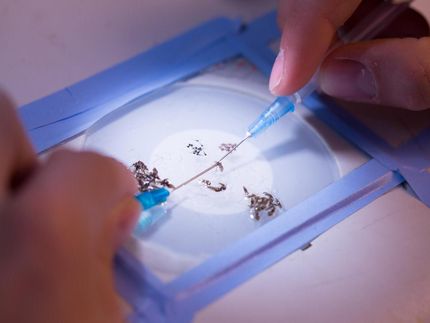Walter Reed Army Institute and Siam Life Science Develop New Gold Standard for Pharmacological and Toxicological Test Systems
Siam Life Science Secures Exclusive License For Unique Liver Cell Line From Walter Reed Army Institute Of Research
Advertisement
A breakthrough technology in the form of a unique, functional human liver cell line has the potential to become the new worldwide gold standard for preclinical drug evaluation studies. The cell line, licensed by Thailand-based human cell technology company, Siam Life Science Ltd. (SLS), was developed in Thailand at the Armed Forces Research Institute of the Medical Sciences (AFRIMS). The AFRIMS is a foreign activity of the Walter Reed Army Institute of Research (WRAIR).
Developed under a Cooperative Research and Development Agreement (CRADA), this human liver cell line is licensed to SLS on a worldwide basis and includes the exclusive right for SLS to sublicense the technology for certain uses to external partners. Known as HC-04, it is an immortalized cell line that can continue to grow and divide indefinitely in vitro. Unlike other immortalized liver cell lines, HC-04 was developed from normal human liver tissue without genetically manipulating the liver cells. More importantly, HC-04 has been shown to retain most of its normal liver cell functions and is therefore ideally suited for preclinical drug evaluation and drug safety studies. SLS was granted exclusive rights to these uses under the license with the Army.
The HC-04 cell line can be used for research and drug development for treating Malaria and Hepatitis. Use of HC-04 in malaria drug development is especially attractive because the cell line can support the in vitro development of two major Malaria parasites, Plasmodium falciparum and Plasmodium vivax. HC-04 cells may also be used in the development of bio-artificial liver devices and SLS was granted license rights to these uses as well.
SLS intends to make the HC-04 cell line available to the global pharmaceutical industry for toxicological and pharmacological testing as well as drug development.


















































